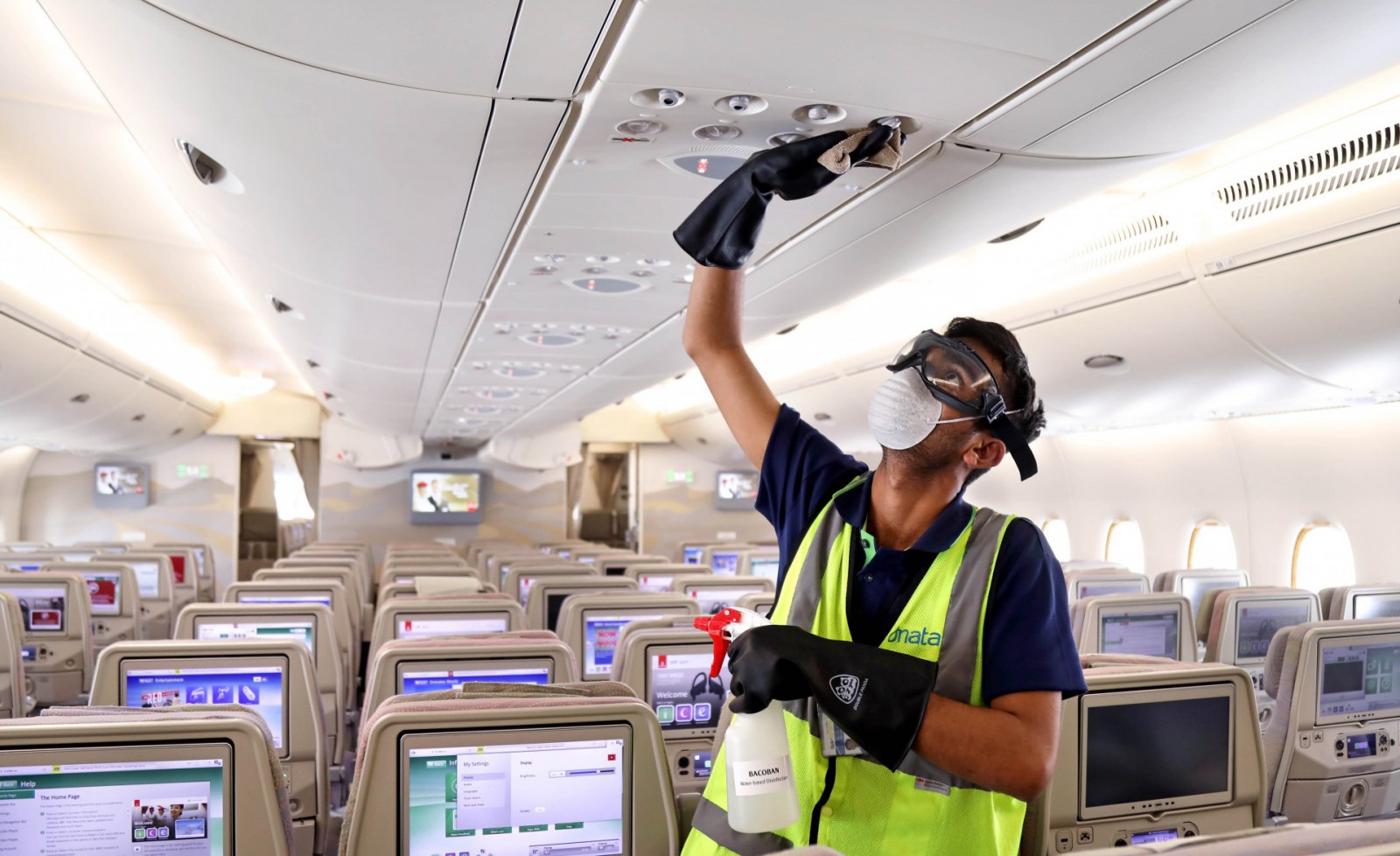IATA warns COVID rules are killing recovery
07 January, 2021
3 min read


The International Air Transport Association (IATA) is blaming tougher COVID border restrictions for quashing a nascent recovery in international travel.
IATA’s November figures show total passenger demand barely moved compared to October and international demand was worse.
“The already tepid recovery in air travel demand came to a full stop in November,’’ IATA director general Alexandre de Juniac said Friday.
READ: Australia expected to mandate pre-flight COVID testing.
“That’s because governments responded to new outbreaks with even more severe travel restrictions and quarantine measures. This is clearly inefficient.
“Such measures increase hardship for millions. Vaccines offer the long-term solution.
“In the meantime, testing is the best way that we see to stop the spread of the virus and start the economic recovery.
“How much more anguish do people need to go through—job losses, mental stress—before governments will understand that?”
Europe's biggest airline, Ryanair, joined IATA in slamming increased border restrictions, predicting new rules in Ireland, the UK and other European countries would materially reduce its first-quarter flight schedules.
It estimated January traffic would fall below 1.25 million passengers while new COVID restrictions could reduce February and March traffic to as little as 500,000.
The worries prompted it to reduce its full-year forecast from "below 35 million" passengers to between 26 million and 30 million.
IATA said November’s total passenger demand (measured in revenue passenger kilometres) was down 70.3 percent compared to November 2019, virtually unchanged from the 70.6 percent decline in October.
International passenger demand was 88.3 percent below November 2019, slightly worse than an 87.6 percent decline in October.
The IATA figures showed the Asia-Pacific region continued to suffer the steepest international traffic declines for the fifth consecutive month with November traffic down 95 percent on the previous year.
It was followed by Europe (87 percent), the Middle East (86 percent), North America (83 percent), Latin America (78.6 percent) and Africa (76.7 percent).
When domestic operations were factored in, total traffic declines were topped by the Middle East at 84.5 percent.
It was followed by Europe (82.2 percent) Africa (75.6 percent), North America (67.6 percent), Asia-Pacific (61.6 percent) and Latin America (59.8 percent).
Australia, which has been plagued by internal border restrictions, recorded the biggest fall in November domestic passenger demand among a basket of markets reported by IATA.
Australian passenger demand was down 79.8 percent compared to an average basket of markets reported by IATA.
The figure was an improvement compared to October but significantly higher than the average of 41 percent.
Get the latest news and updates straight to your inbox
No spam, no hassle, no fuss, just airline news direct to you.
By joining our newsletter, you agree to our Privacy Policy
Find us on social media
Comments
No comments yet, be the first to write one.

